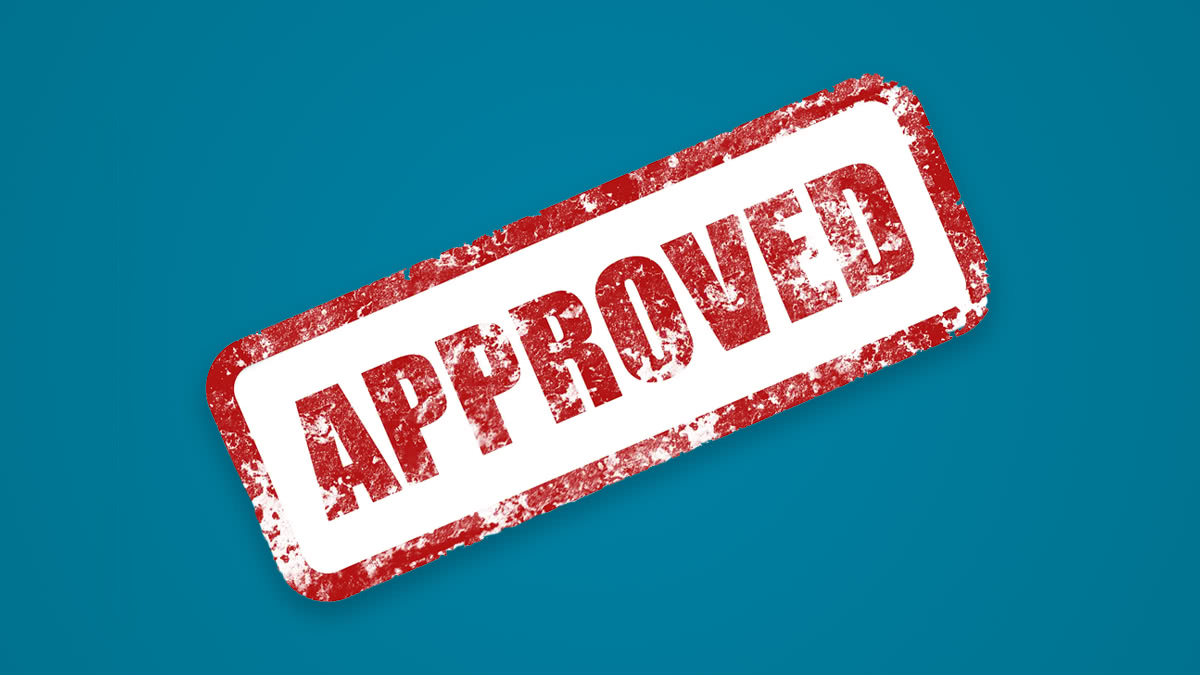What Financial Documents Are Required for a Business Loan?

Without determining the likely risk of providing financing to potential small business borrowers, lenders can't make informed decisions about which loan applications to approve. They also need the same vital information to decide on funding options, such as loan amounts, interest rates, and whether a long-, intermediate-, or short-term loan would be best for the borrower's needs.
This is why the documents required for small business loan applications are so important. If you're thinking about applying for a loan, you should know which financial documents you'll be expected to provide, why they're required, and how you can prepare them to give your business loan application the best chance of being approved.
Financial Documents Required for a Business Loan
For a traditional business financing agreement from a bank or credit union, you should expect to be asked for the following financial statements and documents:
A copy of your credit report
Personal and business bank statements
Personal and business tax returns
An income statement or projected financial statement for startups or new businesses
Your balance sheet
A recent cash flow statement
Documents showing your accounts receivable and payable aging
Your debt schedule
A recent copy of your business plan
A copy of your current business license
In some cases, you may also need a signed personal guarantee and proof of collateral, such as commercial assets like equipment, inventory, or even real estate. The required documents for business loan applications differ from lender to lender.
Some alternative lenders may have more lenient business loan requirements, but even alternative or online lenders may ask for any or all of the above documents as well.
Why Lenders Require These Financial Documents
Bank statements and business credit scores only tell part of the picture. Each document listed above helps lenders evaluate specific aspects of your business loan application.
Understanding how each of these documents can affect your lender's evaluation of the small business loan you're applying for can help you make informed decisions on how to improve your application.
Here's a closer look at what lenders look for in each loan document you provide.
Credit Reports
Your personal and business credit reports show lenders how you handle debt. If a business owner shows a record of missed payments or defaults, lenders will hesitate to approve commercial loans or a business line of credit.
Your credit report also shows your credit score, and many lenders will also look at your personal credit score during the application process. Small business loan approval generally relies on minimum score requirements you must meet prior to approval.
Bank Statements and Tax Returns
Lenders use your bank statements and income tax returns to double-check the accuracy of your other financial statements. Specifically, they want to see that the income and operating expenses your bank statements show line up with your income and cash flow statements.
It's important to make sure any reports you submit to your lender are accurate. If there are mistakes on your credit report, your lender will find them and may reject applications for business loans due to any inaccurate information.
Income Statement, Balance Sheet, and Cash Flow Statement
Credit scores are useful to lenders as a tool to determine a borrower's creditworthiness. However, lenders often need more detail to effectively evaluate small business owners applying for financing.
Good credit alone isn't enough to get approval for a small business loan. Lenders want to see that your business is generating enough revenue and cash for you to realistically be able to repay a loan within the specified term.
Your income statement, balance sheet, and cash flow statements provide a more complete picture that helps a lender evaluate your business's financial performance.
Accounts Receivable and Accounts Payable Aging Reports
Your accounts receivable aging report shows how long it takes for your customers to pay their bills. Your accounts payable aging report shows how long it takes for you to pay your vendors. Both sets of information are important for financial institutions because they can highlight potential problems or causes for concern.
If your customers are often late with payments, you're more likely to face unexpected cash shortages. To the lender, that's a serious issue a small business owner should be expected to address proactively. Late payments from your customers may result in you being unable to pay your loan.
If your accounts payable report shows that your business is often late to pay suppliers, that's another red flag. If you're unable to pay your vendors on time, it shows problems with cash flow or cash management, making you a poor candidate for a loan.
Debt Schedule
One very important metric to any lender is a borrower's debt-to-income ratio or DTI. As the name would suggest, your DTI is a measurement that compares the amount of your debt to your regular and reliable income.
The higher your debt balance and the lower your income, the higher your DTI. The higher your DTI, the less attractive your loan application will be to a lender — if you have a large amount of debt and low income, you're more likely to default on a business loan.
Loans and Lenders With Fewer Documentation Requirements
Conventional business loans from credit unions and traditional lenders tend to have the most extensive documentation requirements. If you're thinking of applying for an SBA loan from the Small Business Administration, you'll likely be facing the same kind of extensive requirements for documentation, as well as longer wait times for approval or financing.
However, there are alternative lenders, loan types, and other financing options that don't require as much documentation. Generally speaking, online lenders require less documentation than traditional lenders, and many may provide your business with lines of credit or business cards with competitive interest rates.
Many loans require even less documentation. Financing options with fewer documentation requirements than traditional and online business loans include:
Invoice factoring
Equipment leasing and financing
Business credit cards
Microloans
Conclusion: Make it Easy on Yourself to Secure Financing
If you need a business loan, you shouldn't let the documentation requirements stop you. As overwhelming as it may seem to produce and double-check all these documents, it's wise to have them organized and accurate as a regular part of running your business.
It's not just lenders that need to see these documents. You should be regularly evaluating your financial documents with business partners, investors, and other stakeholders to make sure you have an accurate sense of your business's financial performance.
Businesses can also expect to be audited from time to time, in which case having current, accurate paperwork can be a lifesaver. Do yourself — and your business — a favor, and get these documents organized or work with your accountant to ensure your financial documents are easy to access and regularly updated.
Since 2008, Fora Financial has distributed $4 billion to 55,000 businesses. Click here or call (877) 419-3568 for more information on how Fora Financial's working capital solutions can help your business thrive.






